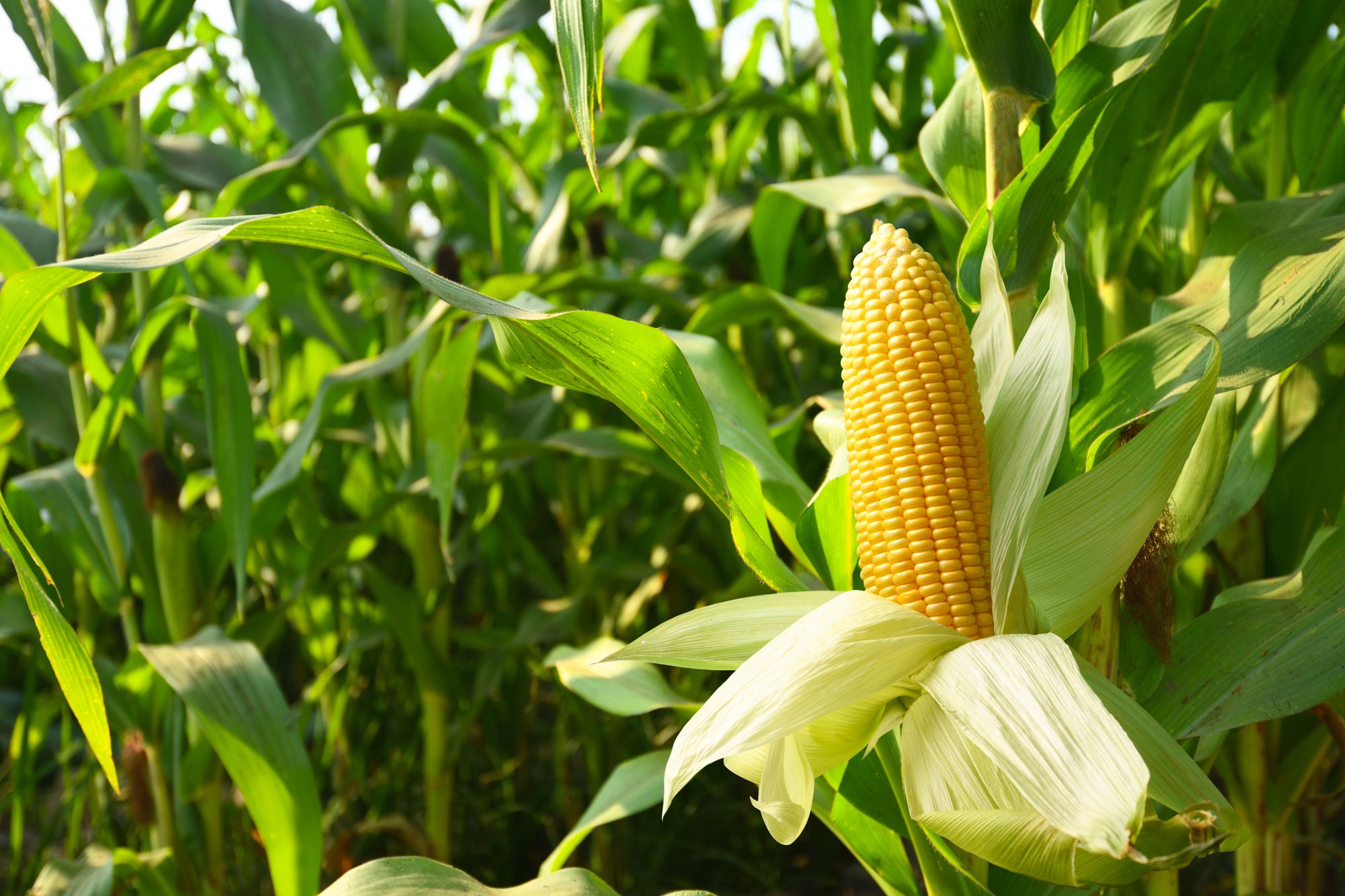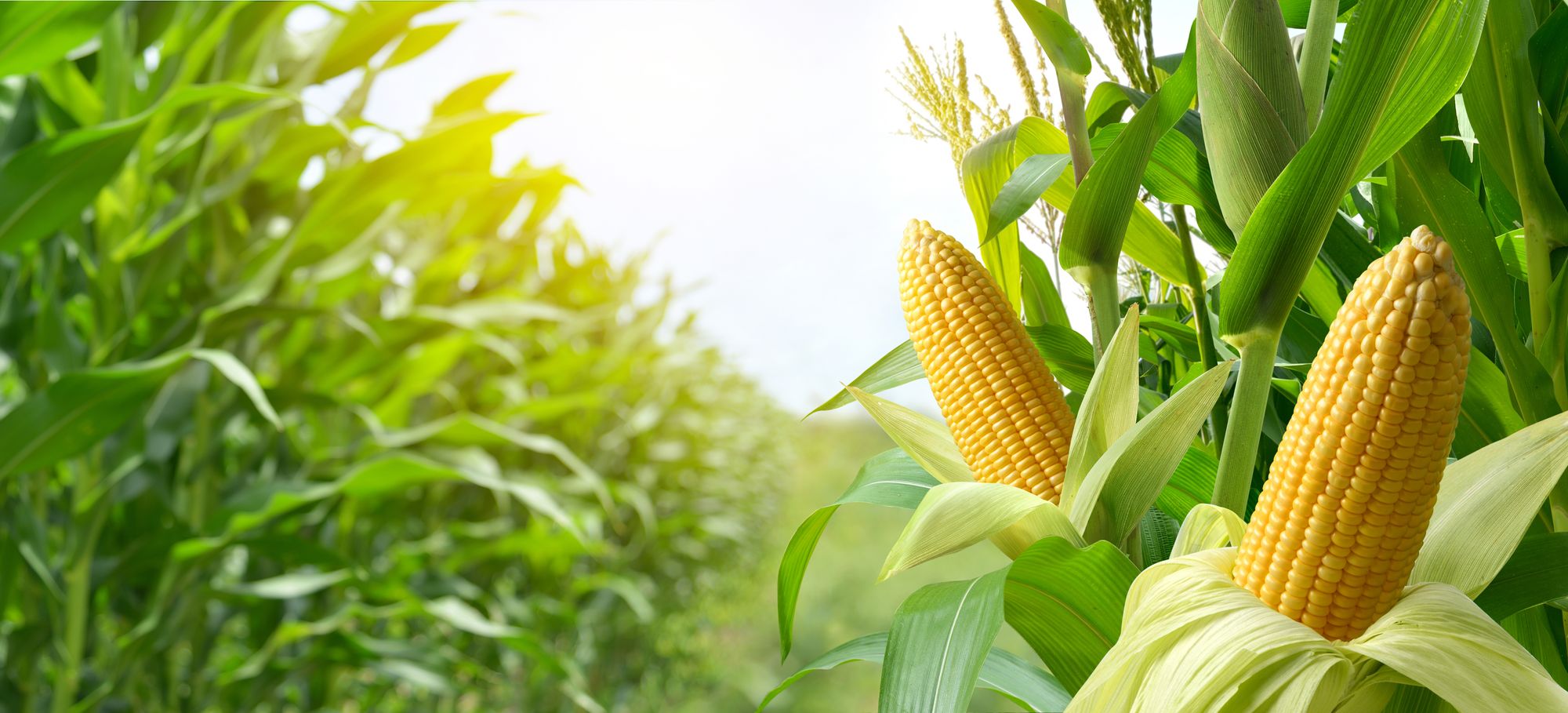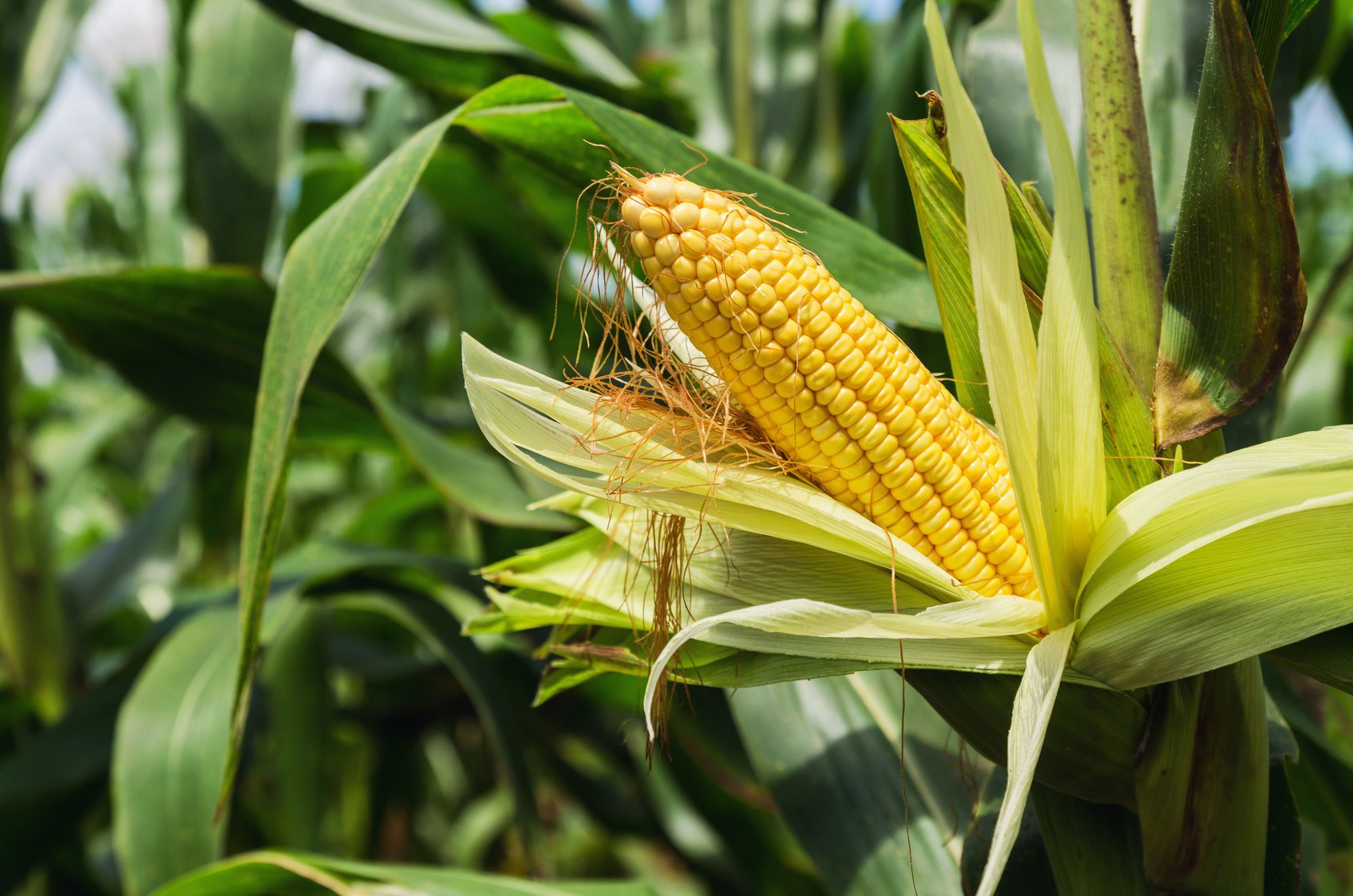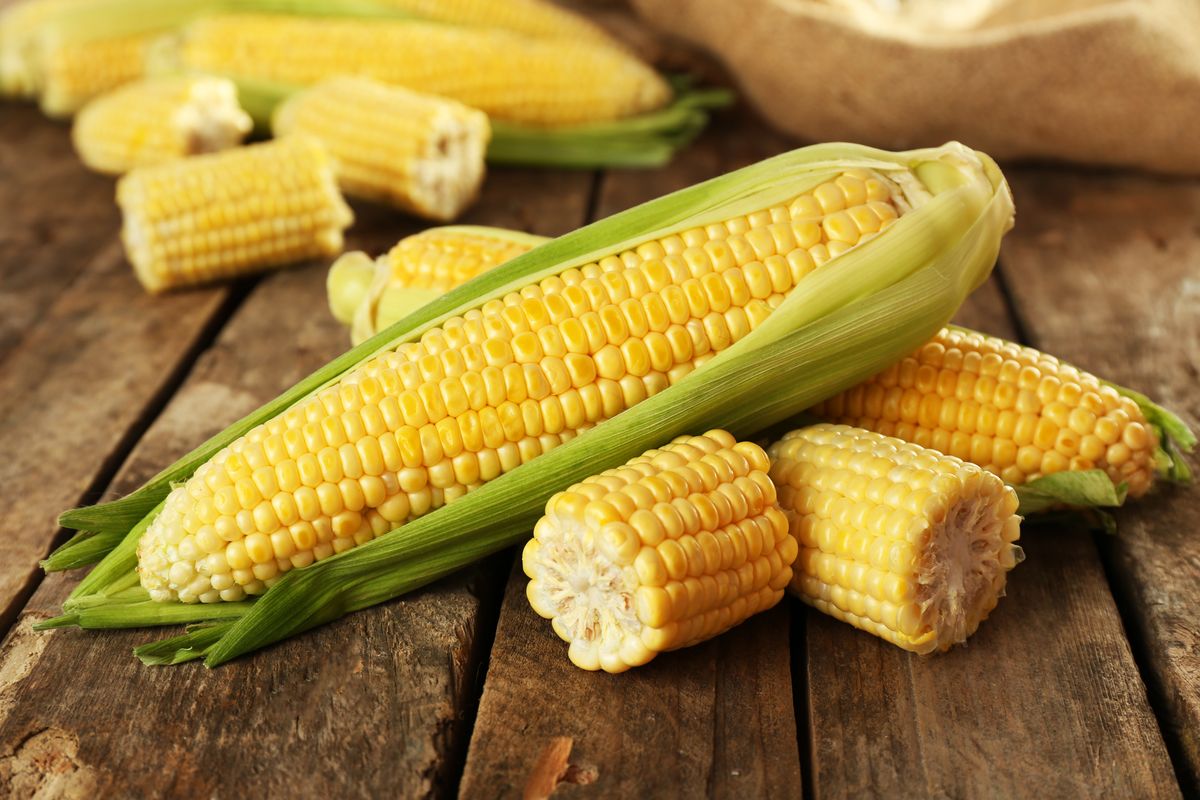With the plethora of 4th of July celebrations unfolding, it's safe to assume that corn will grace the menu at whichever barbecue event you choose to attend. Be it on the cob, in a salad, as popcorn, or blended into a dip, corn undoubtedly makes its way into various dishes during the summer season. However, have you ever wondered about the effects of eating corn on your body? Are there any potential negative side effects associated with this beloved vegetable? Let's delve into the details.
Let's begin by examining the fundamental nutritional information for regular corn. In a single large ear of yellow corn, you'll consume the following:
- 123 calories
- 4.7 grams of protein
- 1.9 grams of fat
- 26.7 grams of carbohydrates
- 2.9 grams of fiber
- 8.9 grams of sugar
In addition to these essential nutrients, corn also houses a range of vitamins, minerals, and plant compounds, some of which contribute to your recommended daily intake of micronutrients.
Now, let's explore what transpires within your body when you consume corn.
1) Get a Mineral Boost from Corn

Planning to grill some corn this July 4th? Well, you're not just in for a delicious treat, but also a boost of essential minerals with every bite.
One notable mineral found in yellow corn is potassium, which has been recognized for its ability to lower blood pressure, promote strong bones, and prevent kidney stones.
Moreover, corn contains beneficial antioxidants. Lutein and zeaxanthin, two important compounds present in corn, give it its vibrant yellow color and play a crucial role in maintaining eye health. These compounds act as protective agents against blue light damage and have been associated with reducing the risk of age-related eye conditions like cataracts and macular degeneration.
So, make sure to load up on grilled corn at your next barbecue to give your eyes a summertime favor.
2) Stay Full Longer with Corn, Especially Popcorn

If you're looking for a healthy snack that can keep you satiated until your next meal, consider enjoying corn in its popped form—popcorn.
Popcorn is high in fiber and low in calories, making it a popular choice for snacking. It has been shown to keep you feeling fuller for longer. Opt for homemade or air-popped popcorn, using olive oil for popping, to make it a nutritious snack option.
Research also confirms the health benefits of popcorn, as it retains the plant compounds and helpful antioxidants found in whole corn.
3) Corn: A Rich Source of B Vitamins

Corn is a great source of vitamin B6 and vitamin B9, two essential vitamins involved in energy metabolism and various vital functions in the body. It also contains other B vitamins in smaller quantities, including pantothenic acid (vitamin B5).
The eight B vitamins aid the conversion of carbohydrates into energy. Vitamin B9, or folate, supports the health of the liver, skin, and hair, while also contributing to the proper functioning of the nervous system. On the other hand, vitamin B6 plays a role in cognitive function.
Corn also provides a beneficial dose of niacin, or vitamin B3, which is associated with healthy skin, digestion, and digestive health. While one serving of corn won't meet your daily recommended intake of these B vitamins, it's still a nice addition to help you reach your nutritional goals.
4) Potential IBS Trigger and Inflammation Caution

For individuals with Irritable Bowel Syndrome (IBS), certain foods and drinks can directly impact symptoms. Corn has been identified as a trigger for some people with IBS, potentially worsening their symptoms.
Common food items linked to worsening IBS symptoms include bananas, citrus fruits, onions, potatoes, certain dairy products, and grains such as wheat, oat, barley, and corn, according to a report published in the Journal of Nurse Practitioners.
It's important to note that you don't have to completely eliminate corn from your diet if you have IBS. However, if you have this condition, pay close attention to how your stomach feels after consuming corn-containing foods.
Lastly, it's worth mentioning that processed corn, such as corn syrup, lacks the health benefits of whole corn. Corn syrup is stripped of its nutrients and primarily consists of sugar or oil. High fructose corn syrup has been linked to chronic diseases like diabetes, liver disease, and heart disease. Corn oil, rich in polyunsaturated fats, tends to raise inflammatory markers compared to monounsaturated oils.
In conclusion, corn in its whole form provides a range of health benefits, including essential minerals, antioxidants, fiber, and B vitamins. However, individual considerations, such as IBS and processed corn products, should be taken into account to make informed dietary choices.

